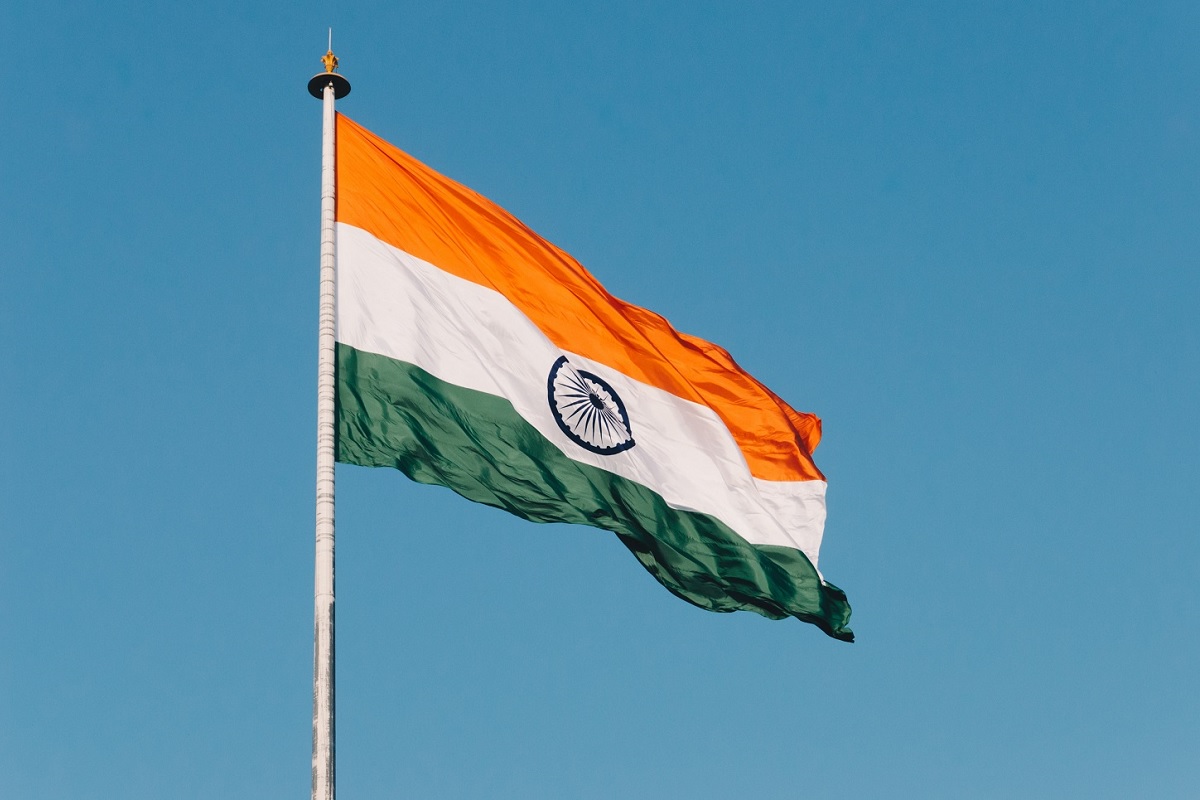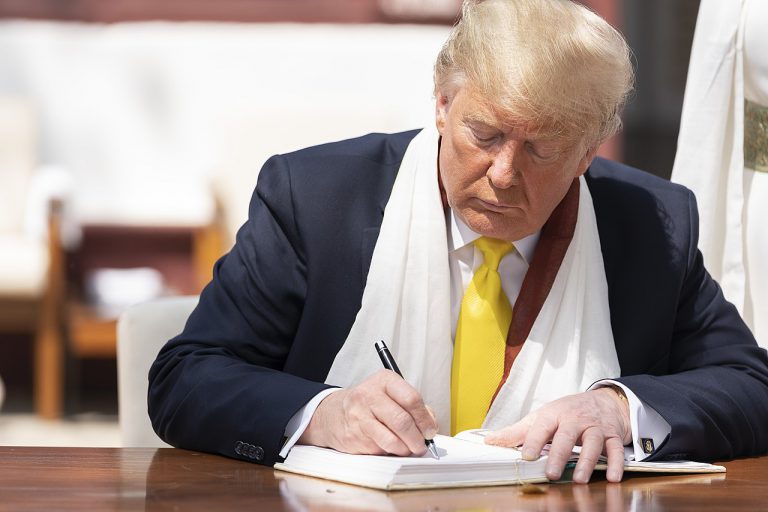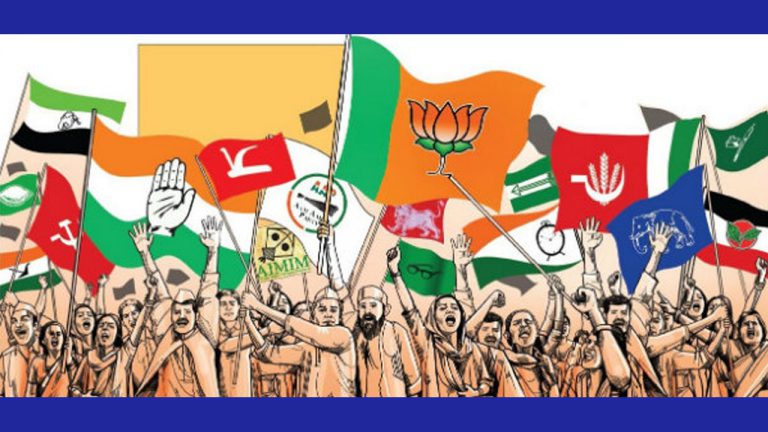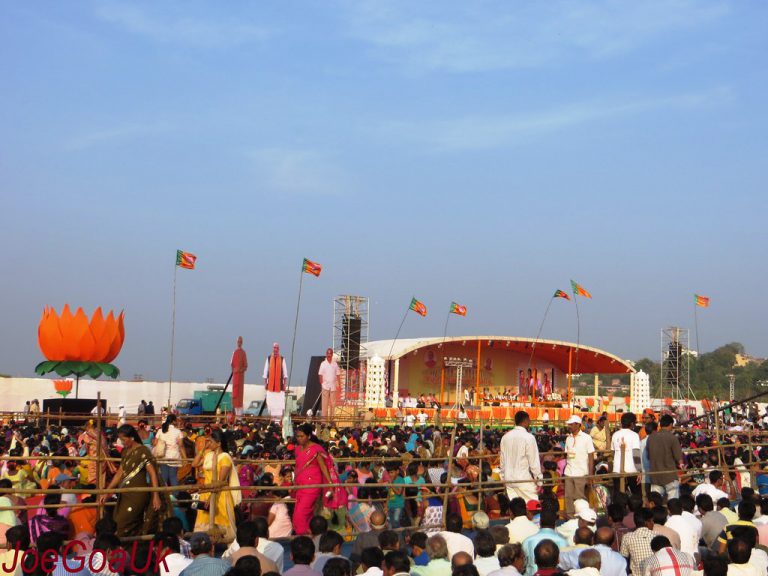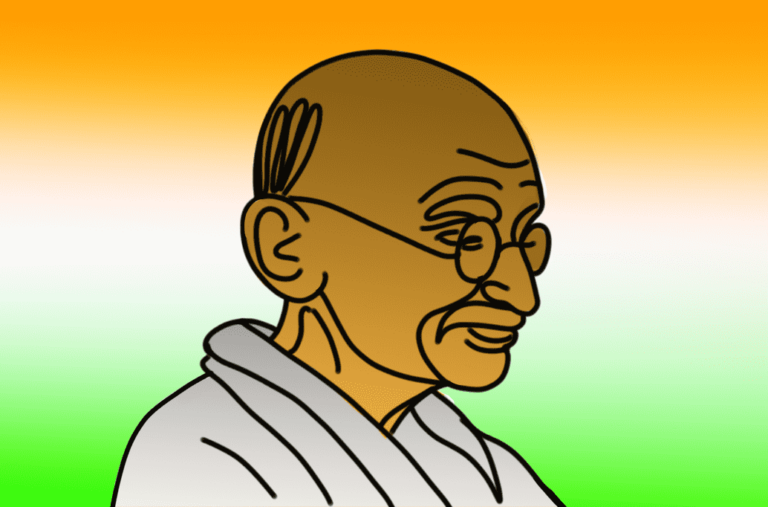The Hindutva Right and its disdain for secularism

Rashad is an Undergraduate student at the Tata Institute of Social Sciences. His main interests lie in understanding what constitutes as normal in societies and why
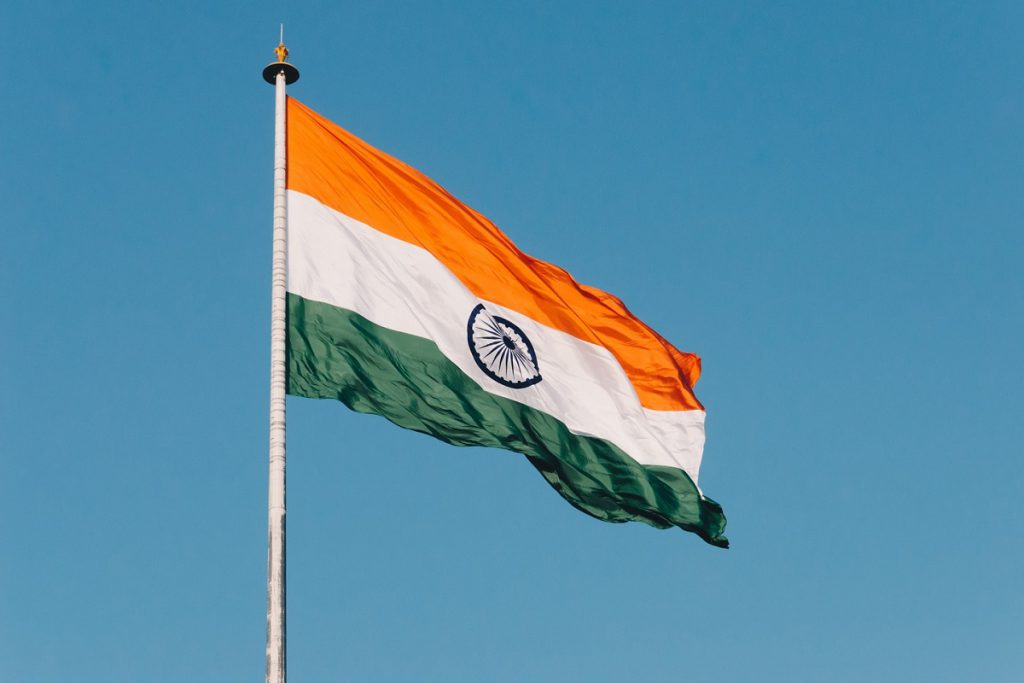
[responsivevoice_button voice=”US English Male” buttontext=”Read out this Theel for me”]
Ever since having gained power, the Hindutva Right, the Bharatiya Janata Party (BJP) and its ideological parent the Rashtriya Swayamsevak Sangh (RSS), has not kept its intention of ideological infiltration in the education system subtle. In states where they have held power, we have seen the atrocious steps that have been taken in order to reframe history all together to meet their saffron agenda. Whether it be making the Hindu king triumphant over the Muslim “invader”, depicting Muslims and Christians as foreigners or over-emphasizing the role of Savarkar in the freedom struggle while completely ignoring the other icons who had a more crucial role to play, there have been many attempts to nurture and cultivate political support from the future masses.
Due to the loss of teaching time on account of the Covid-19 Pandemic, the Central Board of Secondary Education (CBSE) has announced a 30% reduction of the syllabus from classes 9th to 12th. This step has been taken in order to reduce the burden of the entire syllabus on the students. A casual glance at this move would make anyone applaud the empathetic nature of the CBSE towards its students. Unfortunately, that is far from the reality of the times we live in. The omitted content includes topics such as Democratic rights, Caste, Gender, Religion, Citizenship, Nationalism and Secularism, all essential learnings for any citizen of India. How structures such as caste, gender and religion operate in our society and the importance of secularism are matters which the Hindu right do not want the youth of the country to be occupied with. Especially when it comes to the matter of secularism, the BJP and RSS have been very dismissive about its importance in the Indian scenario. In order to understand this antagonism, we must understand the Hindutva philosophy and how secularism is detrimental to its cause.
The Hindutva Worldview and What it Envisions for the Indian Society
The roots of the Hindutva philosophy can be traced back to the late 19th century during the height of British colonialism in India. Its first major proponent, Vinayak Damodar Savarkar, was influenced by the Indian Nationalist Struggle in his college days and had written The History of the war of independence on the 1857 mutiny. While this book has been hailed as iconic literature by Amit Shah, without which he believes the mutiny would not have been historicized, many scholars have criticized the pleasure and justification offered for retributive violence in the name of Hindu nationalism in the book. This text was where he formulated his world view in terms of specified binaries with the concepts of “Self” and “Non-Self”. The ideal of “Self” was used for giving Hindutva a vibrant political identity while the “Non-Self” was attributed to anything outside his parochial conceptions of the self, Islam, Buddhism, Christianity and the British. His main text which was written at the time of his imprisonment by the British Imperialists, Hindutva: Who is a Hindu?, is where he theorized Hindutva as a political identity believing it to be more encompassing than Hinduism. It was meant to set the base for a nation, a Hindu rashtra, where its inhabitants would be bound by culture, geography, blood, country, history and acceptance of India as their Motherland and Holy Land. While at first glance it may look like an inclusive idea to form a homogenous identity, its political intention was to consolidate and create a demarcation between the Hindus and the Non-Hindus. Savarkar himself was of the opinion that Muslims and Christians in India were a result of conversion and in order to pledge their allegiance to the nation, they must return to the Hindu-fold as a sign that they have renounced the prejudices of their earlier faith.
Savarkar’s idea was taken further by one of his ideological successors and student, Madhav Sadashiv Golwalkar, who in 1940 became the RSS chief. In his infamous writing, We or Our Nationhood Defined, Gowalkar placed heavy emphasis on what should be the faith of those who are not Hindu in India. He wrote that those who do not accept India as their Fatherland or Sacred land, follow the Hindu-faith or participate in the glorification of the Hindu race and culture would be subordinate in stature with respect to the Hindus. In ironic fashion, the “outsiders” must either adopt love and devotion to the Hindu-faith or may stay in the country without citizen’s rights and the privileges of being part of the nation, with no respect and living off the benevolence of the dominant majority community. With these being the major ideologues of the Hindutva movement in India, it is important to understand what exactly is the significance of the principle of secularism in the Indian context.
Secularism: Its Origin and Relevance in India
The origin of the term secularism dates back to the 19th century, coined by George Jacob Holyoake. Even though the word Secularism came very recently, we have multiple instances in history where different cultures and political orders exhibited certain secular values such as showing the same amount of respect to all religions. Holyoake’s conceptualization of secularism was focused on improving human existence by material means and making the service to others a duty of life. Holyoake defines a secularist as one who finds theology as redundant and has a more positivist approach in the matters of life. When it came to the political order, the argument for the need of the state to be secular emphasized on the need for religious liberty, to keep religion as a private matter and prevent religious supremacy in governance. This was mostly so as faith was believed to be devoid of reason and pragmatism that was necessary for state affairs.
In the Indian scenario, even though the word secularism was added in the constitution long after its enactment in 1950, the manner in which the Fundamental Rights and Directive Principles of State policy were made, ensured that fundamentally, the constitution is secular in nature. According to Rajeev Bhargava, the Indian form of secularism is against both inter and intra-religious forms of domination, considering caste and gender inequalities within the Hindu-majority and inequalities that are present in the minority communities. Secularism in India also calls for “principled distance” between state and religion, and not a strict separation as seen in the United States of America. The Indian state can intervene in religious matters within the limitations set by the Constitution. This might also require differential treatment of communities by the state in order to promote equality and restrict majoritarianism from any community. This is why the constitution provides a system of affirmative action such as reservation in order to provide representation for those who have been historically marginalized and oppressed.
Hindutva and the Hurdle of Secularism: The Need to Defend our Secular Values
We can see how the values of secularism contradict the Hindutva Right’s intentions with the Indian nation. The Citizenship Amendment Act and the National Register of Citizens were two moves by the NDA government which violates the secular ethos of our nation due to its basing citizenship of a citizen on their religious identity. This is an attempt to bring to fruition the Hindu rashtra. This is precisely why the Right wishes to erase Secularism from the textbooks of the youth and monopolize their minds with a glorified “Hindu past”. By convincing the masses of the redundancy of secularism, they will gain massive support as they continue to violate guidelines set by the constitution as was done in the case of the abrogation of Article 370. Now more than ever, we have to wake up to the fascist tendencies and orientation of the Hindutva Right and prevent any further destruction of the secular fabric of our society. Moves such as the reduction of the syllabus, disguised as an attempt to provide relief to students from a course overload, must be called out for what it actually is, and condemned. If not now, when we are looking at our descent into Hindutva majoritarianism from the front row, then when?
Featured Image Credits: Naveed Ahmed on Unsplash


